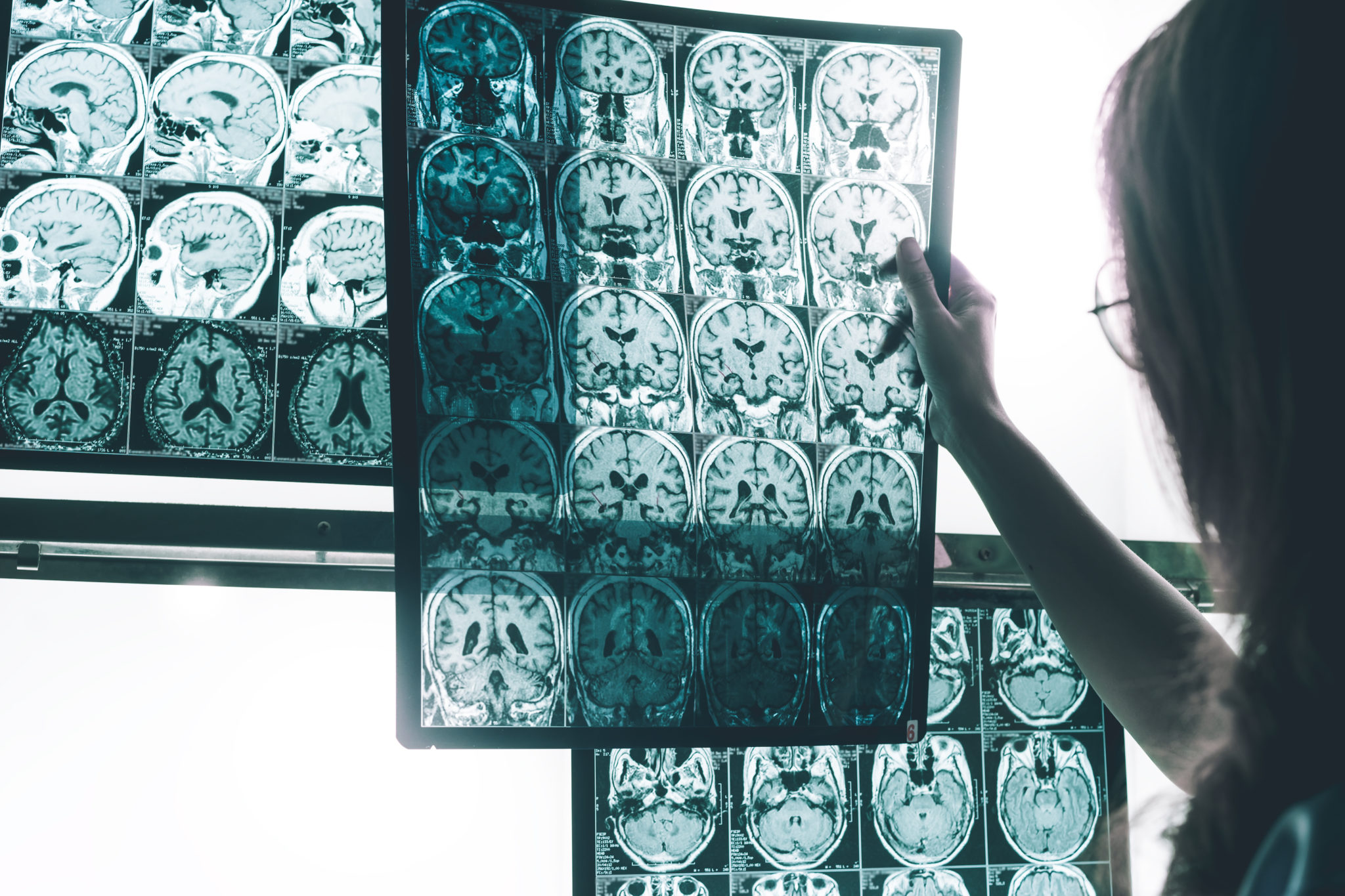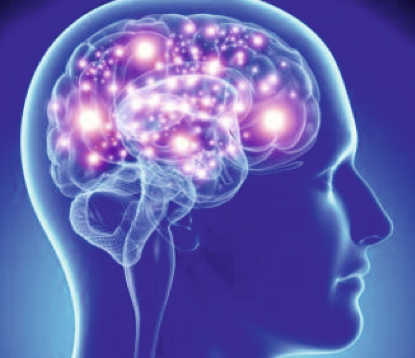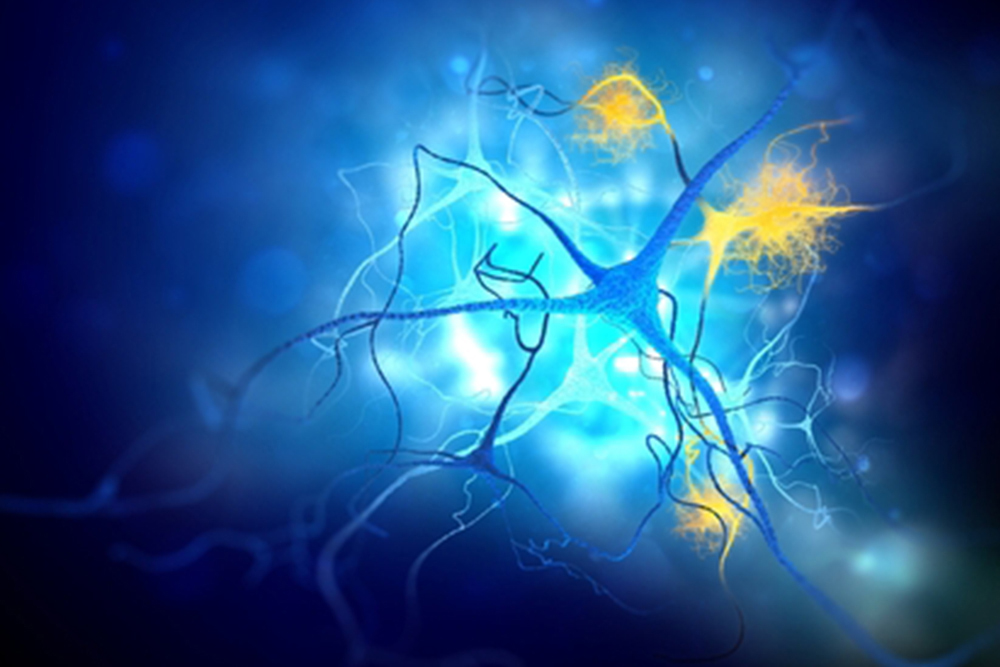A case study features a woman in her 50s, with a history of organic affective disorder and a family history of bipolar disorder, who developed steroid-induced mania after chemotherapy for breast cancer, despite being on mood stabilizers. Her mania resolved with sedative medications and reduced steroid dosage.
The patient’s history of acquired brain injury and genetic predisposition likely contributed to her steroid-induced mania, despite prophylactic mood stabilizers. This highlights the complexity of managing such cases and the potential inadequacy of current treatments. The physiological mechanisms by which glucocorticoids induce mania are unclear, though glucocorticoid exposure has been linked to brain changes. Understanding whether steroids directly cause mania or unmask vulnerabilities is crucial. The case emphasizes modifying glucocorticoid regimens and using sedative medications during chemotherapy to manage and prevent steroid-induced psychiatric complications.
Reference: King JD, Elliott T, Pitman A. Steroid-induced mania in a patient with previously well-controlled organic bipolar 1-like affective disorder secondary to acquired brain injury: case report and literature review. Discov Ment Health. 2024 Mar 8;4(1):8. doi: 10.1007/s44192-024-00061-w. PMID: 38453827; PMCID: PMC10920485.









